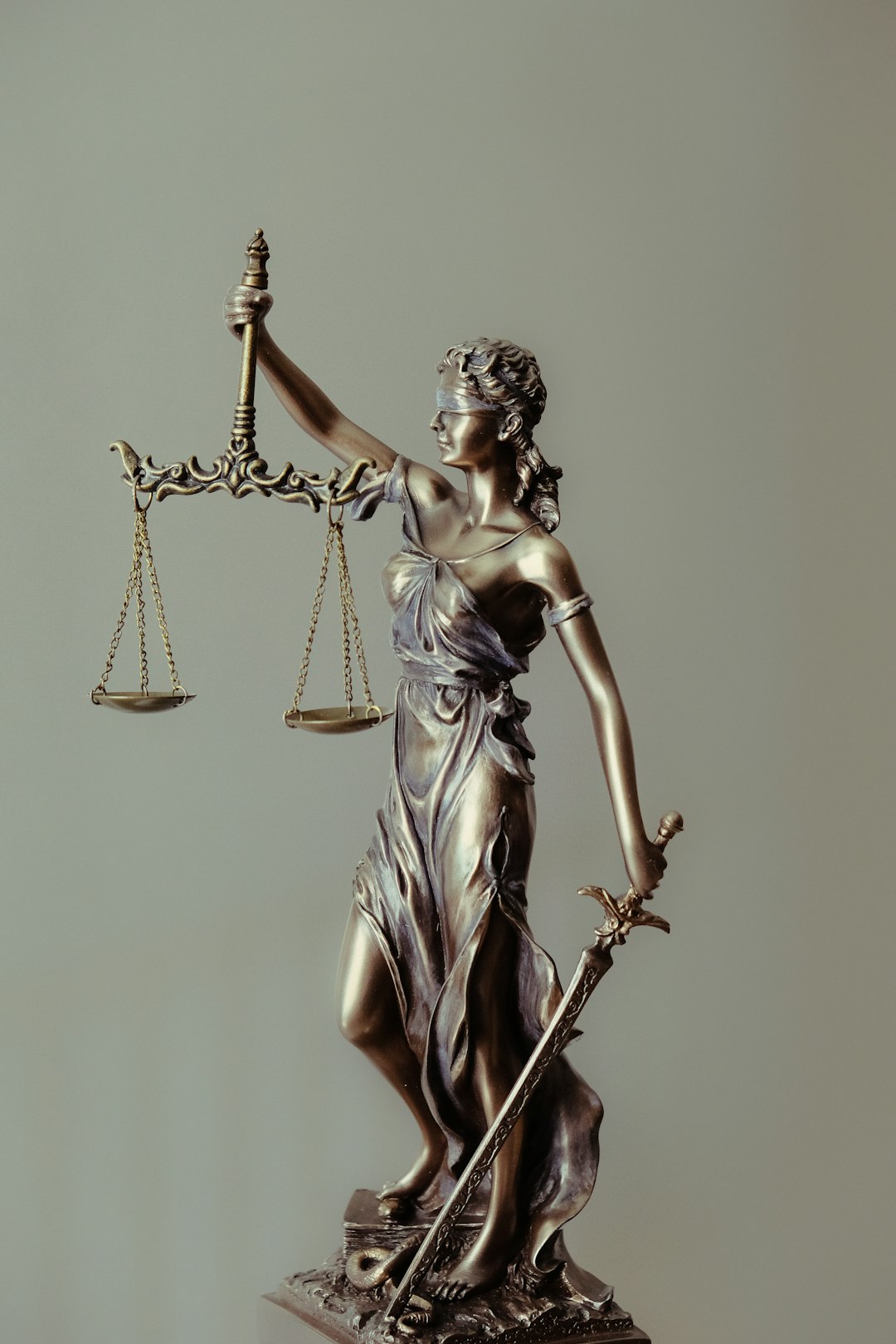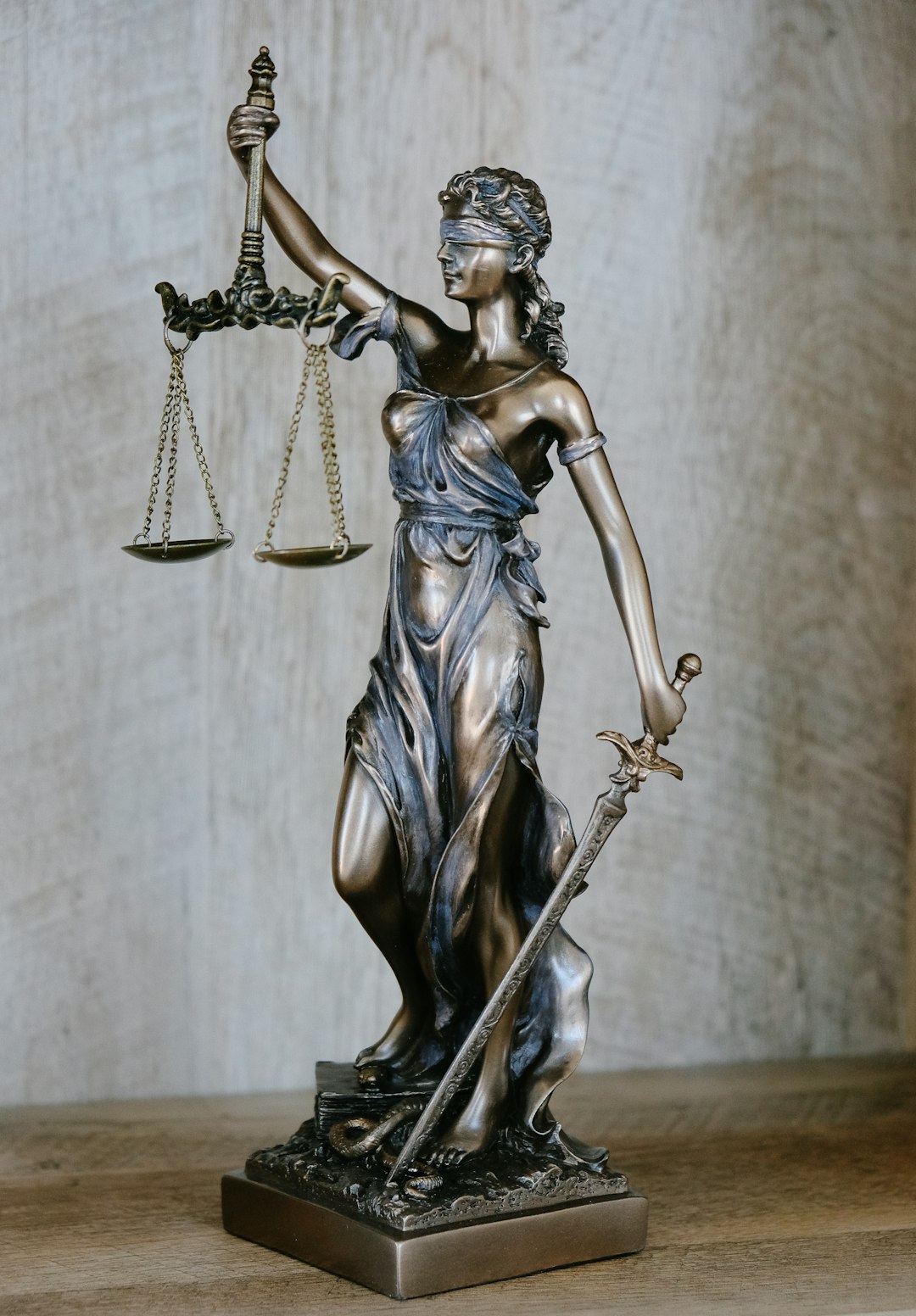School abuse lawyers in Kansas play a vital role in supporting survivors of trauma, especially those affected by abuse within educational institutions. They address memory issues and emotional challenges like anxiety, depression, and PTSD, which often hinder recall. These professionals guide clients through legal processes, advocate for their rights, and help access mental health services. By specializing in state laws on child safety, they ensure justice and protect children's rights, ultimately enhancing school safety in Kansas.
Trauma’s profound impact on memory is a critical aspect often overlooked in Kansas’ school abuse cases. This article delves into the complex relationship between trauma and memory, exploring how survivors’ recollections can be affected. We examine the pivotal role of school abuse lawyers in navigating these delicate matters, advocating for justice, and supporting victims. By understanding the effects of trauma on memory, legal professionals can ensure robust representation and help bring about a sense of healing and closure for those who have suffered.
Understanding Trauma and Its Effects on Memory

Trauma, especially in sensitive contexts like school abuse cases, can significantly impact an individual’s memory and cognitive functions. It is essential to understand that trauma isn’t just an immediate response but a long-term effect that can persist into adulthood if left unaddressed. Kansas school abuse lawyers often encounter clients who have experienced profound changes in their memory due to traumatic events.
The brain’s response to trauma can lead to altered memory processing, causing some memories to be repressed or fragmented. This phenomenon is particularly relevant in school-related traumas where individuals might struggle to recall specific events or periods of their past. As a result, victims may find it challenging to present clear accounts during legal proceedings, further emphasizing the need for specialized understanding and support from both legal professionals and mental health experts.
The Role of School Abuse Lawyers in Kansas Cases

In Kansas, school abuse lawyers play a pivotal role in advocating for victims who have experienced trauma within educational institutions. These legal professionals are well-versed in the intricate details of state laws pertaining to child safety and protection, making them indispensable resources for families navigating complex legal systems. Their expertise lies in investigating and presenting cases involving physical, emotional, or sexual abuse by school staff, ensuring that justice is served and victims receive the support they need.
School abuse lawyers in Kansas are equipped to handle a range of legal matters, from filing complaints against schools and seeking damages for harm caused to representing clients during criminal proceedings. They work tirelessly to protect the rights of children and hold accountable those responsible for neglect or abuse, ultimately contributing to creating safer learning environments across the state.
Supporting Survivors and Advocating for Justice

Supporting survivors of school abuse is a critical step in ensuring justice and healing for those who have experienced trauma. Many victims struggle with complex emotional issues, including anxiety, depression, and post-traumatic stress disorder (PTSD), which can significantly impact their ability to recall and process memories. School abuse lawyers in Kansas play a vital role in advocating for these individuals, helping them navigate legal systems and seek compensation for the harm they’ve endured.
Through dedicated representation, these specialists can guide survivors towards accessing the resources they need, including therapy and counseling services tailored to address memory-related challenges. By combining legal expertise with empathy, they empower victims to share their stories and hold accountable those responsible for the abuse. This support network is essential in helping Kansas residents find closure and rebuild their lives after traumatic experiences within educational institutions.






